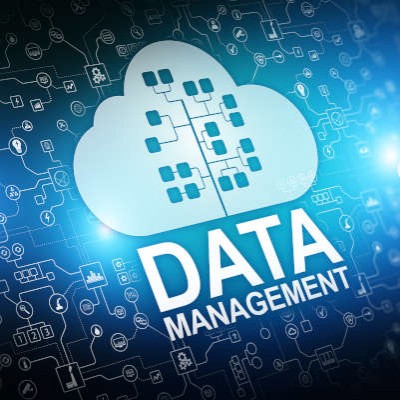Directive Blogs
A Brief Introduction to Database Management Systems
Data is one of a business’ most important assets, and as such, it needs to be kept in such a way that it remains organized and utilizable. This has led to widespread use of databases in businesses, which has necessitated the use of database management systems. Let’s take a closer look at these systems, and why they are so crucial.
For a frame of reference, let’s imagine that our database is actually a library, and all of the books inside are actually our data. Following this analogy, the database management system (or DBMS) is like the Dewey Decimal System… it keeps the contents of your database/library organized and usable.
The Function of a DBMS
As you may have already figured out, the database management system helps you secure and organize the data stored in your database. By allowing you to better keep track of your database’s activity, you maintain more control over your database.
This control, paired with the added convenience of the DBMS, offers you a variety of benefits. These benefits include.
- A DBMS allows you to restrict access to data that an end user has.
- Users have a simpler time finding the data they need.
- It eliminates the need to restructure data to use different programs.
- Administration procedures can be unified.
- A DBMS makes data processing more economical.
- Data inconsistencies between file systems are eliminated.
- A DBMS allows for simultaneous data access between multiple users.
So, when all is said and done, a DBMS can simplify your users’ tasks, without sacrificing your control or data security.
If you want to optimize your business’ productivity and efficacy, Directive is here to help. Call 607.433.2200 today to discuss your particular needs with us.


